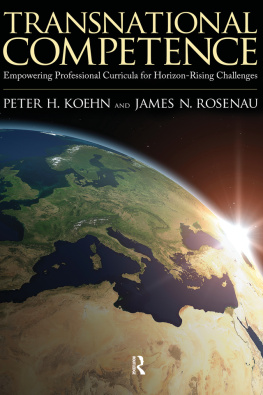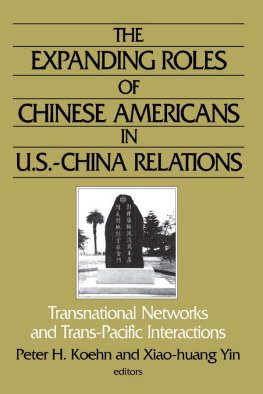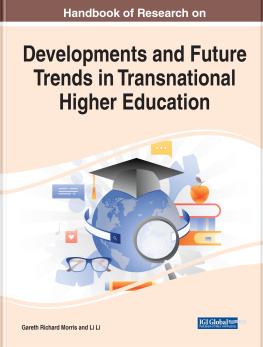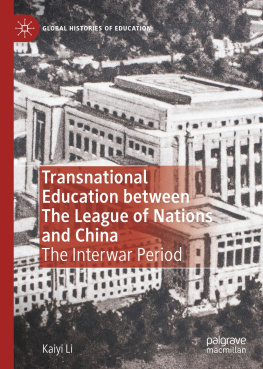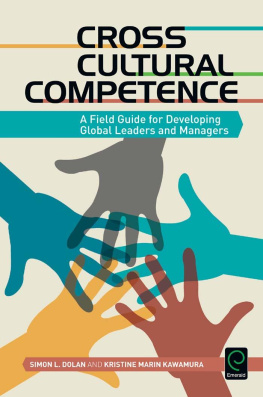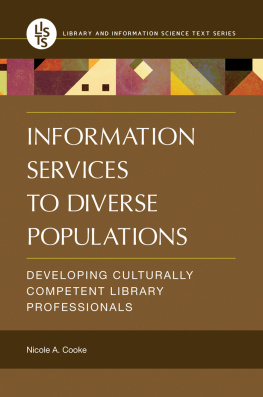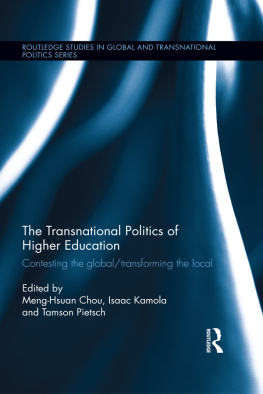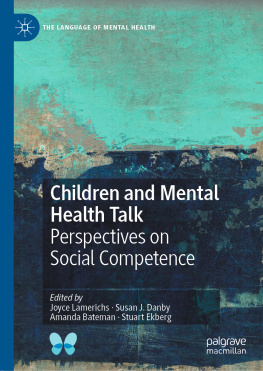First published 2010 by Paradigm Publishers
Published 2016 by Routledge
2 Park Square, Milton Park, Abingdon, Oxon OX14 4RN
711 Third Avenue, New York, NY 10017, USA
Routledge is an imprint of the Taylor & Francis Group, an informa business
Copyright 2010, Taylor & Francis.
All rights reserved. No part of this book may be reprinted or reproduced or utilised in any form or by any electronic, mechanical, or other means, now known or hereafter invented, including photocopying and recording, or in any information storage or retrieval system, without permission in writing from the publishers.
Notice:
Product or corporate names may be trademarks or registered trademarks, and are used only for identification and explanation without intent to infringe.
Library of Congress Cataloging-in-Publication Data
Koehn, Peter H.
Transnational competence: empowering professional curricula for horizon-rising challenges / Peter H. Koehn and James N. Rosenau.
p. cm.
Includes bibliographical references and index.
ISBN 978-1-59451-678-8 (hardcover: alk. paper)
ISBN 978-1-59451-679-5 (paperback: alk. paper)
1. Professional educationCurricula. 2. Professional employeesTraining of. 3. GlobalizationEconomic aspects. I. Rosenau, James N. II. Title.
LC1059.K64 2009
378'.013dc22
009014134
Designed and Typeset by Straight Creek Bookmakers.
ISBN 13: 978-1-59451-678-8 (hbk)
ISBN 13: 978-1-59451-679-5 (pbk)
To Justin, Jason, Sophia, Fan, Patrick, Nicole, and Alexandria. And a future graced with transnational competence.
SUSTAINABLE DEVELOPMENT, infectious disease, climate change, converging applications of nanotechnology, partnered education, transcontinentally connected financial and economic futurestomorrows challenges require transnational competence. Higher-education leaders, starting with presidents, chancellors, vice-chancellors, and provosts, increasingly are expected to shoulder responsibility for articulating an institutional vision of pathways to creating transnationally competent faculty, students, and staff. While more remains to be done, our colleges and universities are making remarkable progress in educating internationally focused undergraduates through additional-language training, academically informed experiences and service-learning opportunities in less-visited countries, and expanded and enriched major and minor degree opportunities. I am particularly heartened by prospects that Congress will enact legislation authorizing and funding the Paul Simon Study Abroad Foundation and help send one million U.S. students abroad each year within the next decade.
Tertiary-level institutions around the world now are challenged to take a bold next step in campus internationalization. Higher educations next challenge is twofold. First, we must push beyond student awareness of and appreciation for diversity into the realm of ingrained and animated transnational competence. To realize this objective, societies must direct attention and resources to preparing transnationally empowered professionals. Our practicing professionals already are called upon to address both the rapidly unfolding crises and the complex long-term challenges of interdependence through participation in multinational and far-flung teams. Looking ahead, university leaders of the new century can foresee in emerging economic, communications, mobility, and security developments the stimulus for dramatic escalation in the number and urgency of cross-border, transdisciplinary, and multisited expectations that will confront future generations of professionals. Without question, specialized and post-graduate education merits the level of concern, energy, transformative thinking, and resource investment that we have devoted to undergraduate internationalization initiatives over recent decades.
Fortunately, we have experience to guide us in this venture. U.S. public and land-grant universities, for instance, have been in the forefront of innovative science-based efforts to prepare specialists of many nationalities for international assignments in a number of critical fields, including agriculture, health, climate stabilization, governance and project management, engineering, ecotourism, water development, and natural-resource management. Historically, they also have initiated and collaborated in transnational research and development partnerships of mutual benefit to participating faculty members, post-graduate students, campuses, local communities, and the broader interests of nations. It is encouraging in this regard that, at the April 2009 G20 meeting, President Barack Obama called for a doubling of U.S. financial support for agricultural development in developing countries to more than $1 billion in 2010 and outlined a major role in this renewed effort for land-grant universities. In the health sector, the Tom Lantos and Henry J. Hyde United States Global Leadership Against HIV/AIDS, Tuberculosis, and Malaria Reauthorization Act of 2008 calls for the training of 140,000 new health-care workers in the developing world, especially in sub-Saharan Africa, and includes a connective strategy to encourage postsecondary educational institutions in partner countries, in collaboration with U.S. colleges and research universities, to develop human and institutional capacity that will sustain the fight against these diseases.
In Transnational Competence: Empowering Professional Curricula for Horizon-Rising Challenges, Peter H. Koehn and James N. Rosenau draw upon the exemplary features of U.S. and overseas higher-education approaches in constructing an integrated framework for transnational-competence education. Public and state university initiatives have contributed prominently to their composite framework and to the linked pedagogical suggestions they provide. From Purdue Universitys Global Engineering Program to the University of Massachusetts Medical Schools Global Multiculturalism Track, these experiences are appropriately captured, effectively applied, and creatively adapted in this book.
At the same time that it incorporates institutional experience, Transnational Competence challenges educational leaders to move their vision of 21st-century professional-career preparation a giant step forward. Instead of fragmented and eclectic approaches, Koehn and Rosenau demonstrate that the time has arrived for a common and comprehensive vision of transnational-competence education that transcends disciplinary boundaries. Their interdisciplinary vision is reflected in the foundation curriculum they elaborate and then tailor to preparation in teacher education, business management, engineering, social-justice work, agricultural sciences, development administration, environmental studies, and health and medicine. Their insights merit serious consideration separately and across advanced fields of study. Institutional leaders, chief academic officers, and deans and faculty with responsibility for delivering state-of-the-art professional programs nationally and transnationally will be well-served to consider embedding the skills and learning approaches detailed in Transnational Competence in their professional-education programs and using the book in advanced classes and training programs.
The visionary educational themes developed in Transnational Competence will have appeal between and beyond U.S. shores. Transnational partnerships and joint-degree programs that aim to prepare technically qualified professionals who are globally competent will be enhanced by the analytic, emotional, creative, communicative, and functional insights contributed here.

